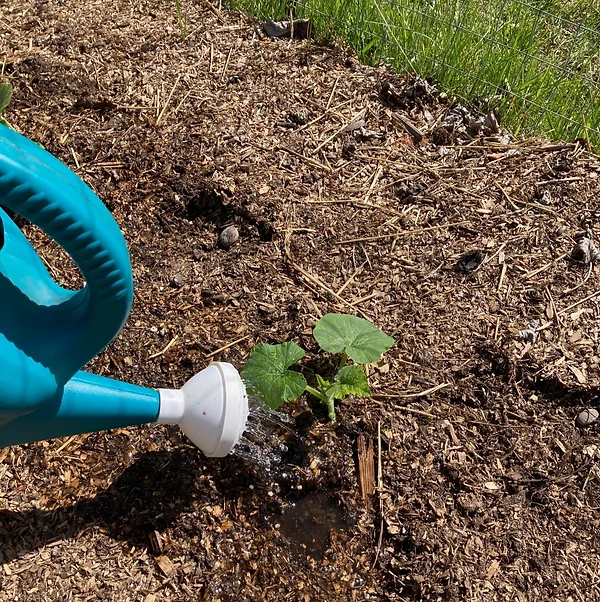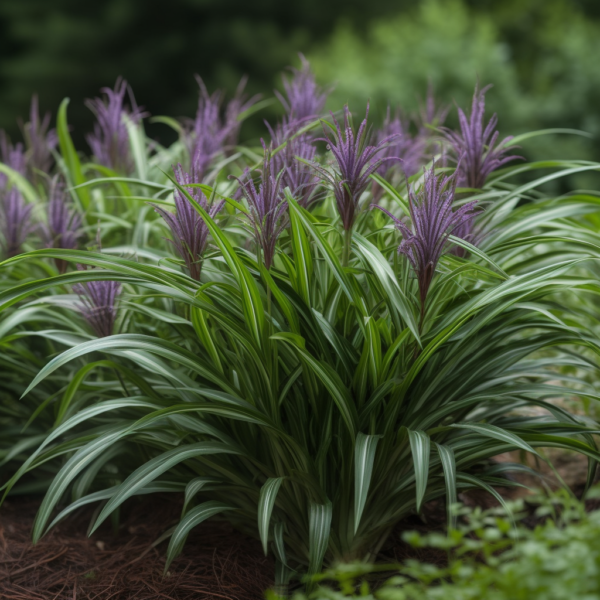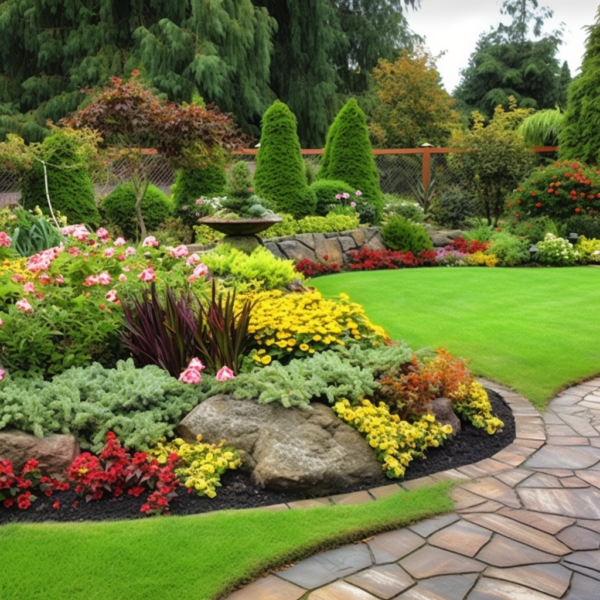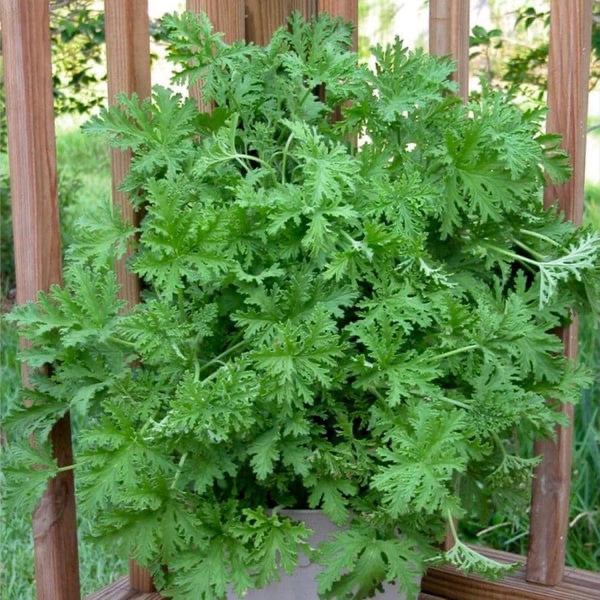Proper watering is essential for the health and vitality of your garden. While the frequency of watering depends on several factors such as climate, soil type, and plant species, here are some general guidelines to help you determine how often to water your garden:

1. Soil Moisture Levels
Check the moisture levels of the soil regularly to gauge when it’s time to water. Stick your finger into the soil about an inch or two deep. If the soil feels dry at that depth, it’s a good indication that watering is needed. However, if the soil feels moist or damp, hold off on watering until it dries out a bit more.
2. Plant Water Needs
Different plants have varying water requirements. Some plants, such as succulents and cacti, are adapted to arid conditions and require less frequent watering. On the other hand, plants like vegetables and annual flowers generally need more water to thrive. Research the specific water needs of the plants in your garden to ensure you provide the appropriate amount of water.
3. Weather Conditions
Pay attention to the weather conditions in your area. Rainfall can significantly impact how often you need to water your garden. If you’ve recently had a good amount of rainfall, you may not need to water as frequently. Conversely, during dry spells or hot summer months, you may need to water more often to compensate for the lack of natural moisture.
4. Time of Day
The timing of watering is crucial to maximize water absorption and minimize water loss. It’s generally recommended to water your garden early in the morning or late in the evening when temperatures are cooler. This allows the water to penetrate the soil and reach the plant roots without excessive evaporation. Avoid watering during the hottest part of the day to prevent water waste and potential damage to the plants.
5. Deep Watering
When you do water, aim for deep watering rather than light surface watering. Deep watering encourages plant roots to grow deeper into the soil, making them more resilient and less dependent on frequent watering. Apply enough water to saturate the root zone of the plants, ensuring that it penetrates several inches into the soil.
6. Mulching
Applying a layer of organic mulch around your plants can help conserve moisture in the soil and reduce water evaporation. Mulch acts as a protective barrier, keeping the soil temperature more stable and preventing weed growth. It also helps retain moisture, allowing the water to penetrate deeper into the soil and stay available to the plant roots.
Remember, these are general guidelines, and you may need to adjust watering frequency based on the specific needs of your garden. Factors like soil type, plant maturity, and local climate conditions will influence watering requirements. Monitor your plants closely and make adjustments as necessary to maintain the optimal moisture levels for a healthy garden.
Browse our website for awesome gardening products
As an Amazon Associate we earn from qualifying purchases through some links in our articles.




